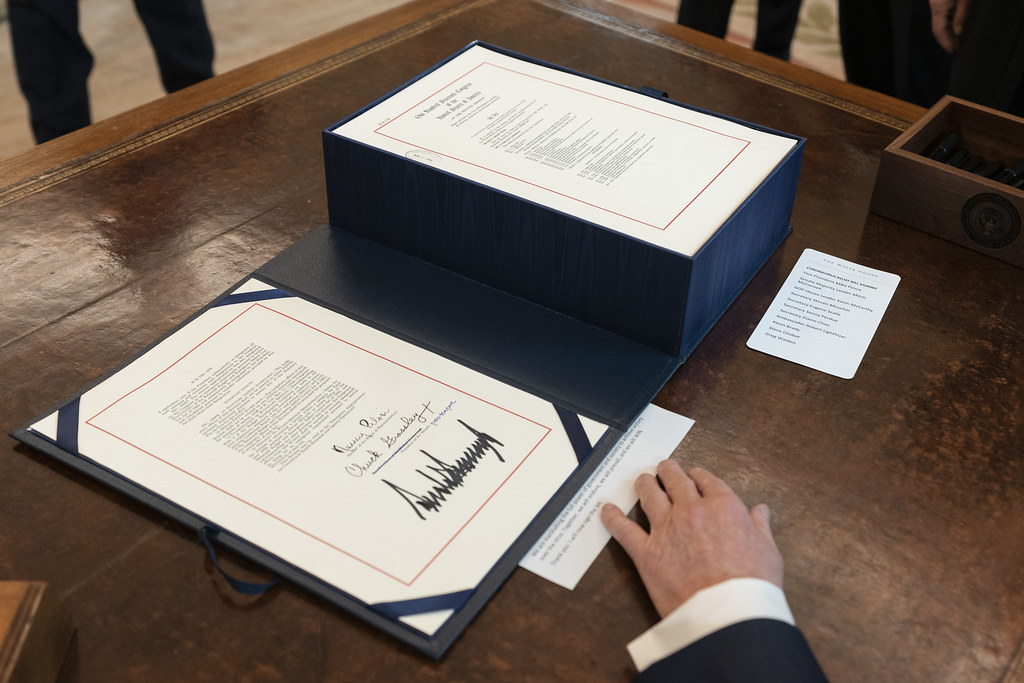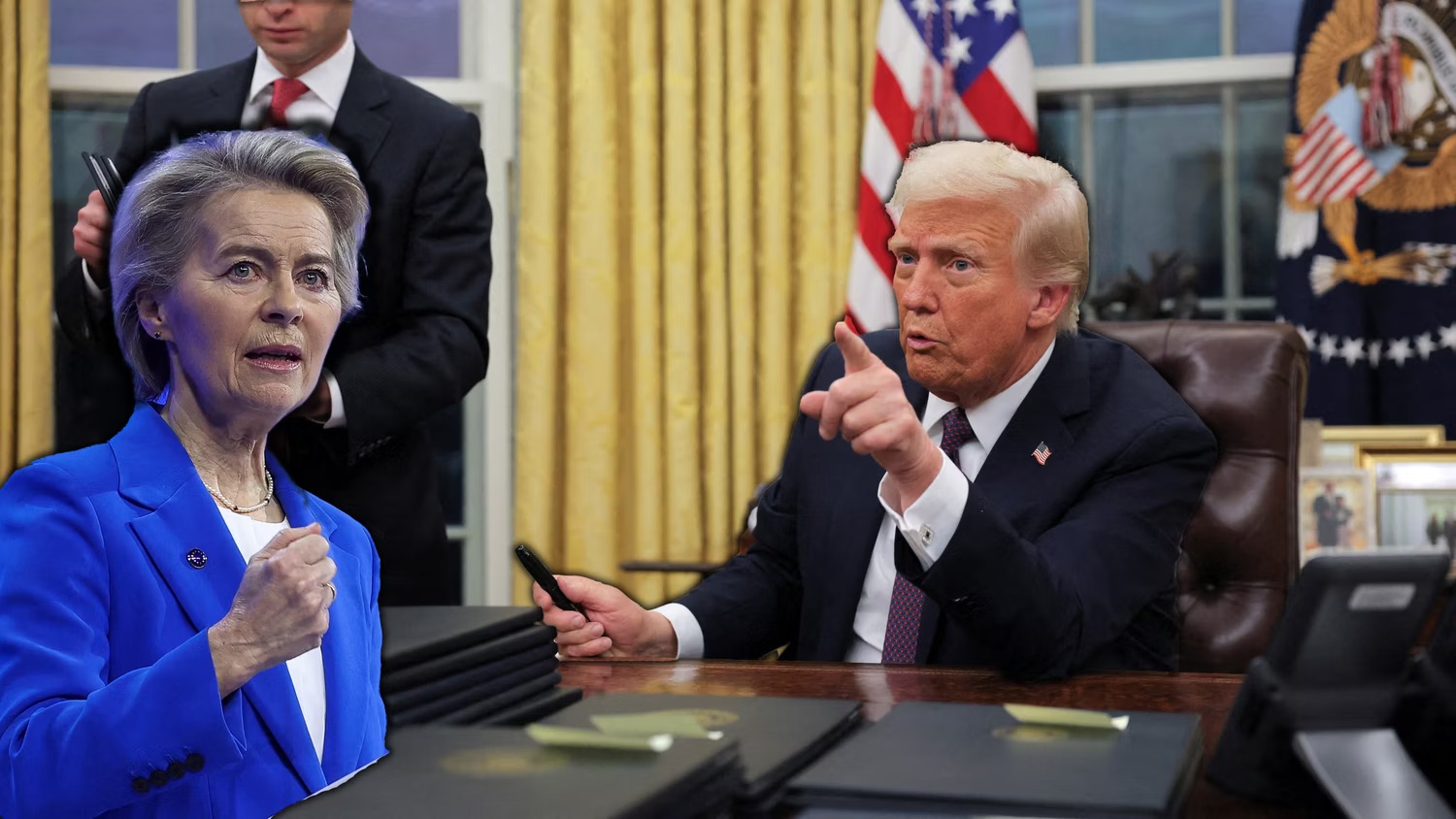The Central Bank of Nigeria (CBN) recently found itself at the center of controversy due to a misreported directive that allegedly required all Nigerian banks and financial institutions to freeze accounts associated with cryptocurrency transactions. This report has led to significant confusion and concern among stakeholders within the financial and crypto communities.
The misunderstanding stemmed from a supposed directive instructing banks to place a “Post No Debit” (PND) instruction on accounts transacting with cryptocurrency exchanges for six months. A PND instruction prevents account holders from making any debit transactions, effectively freezing their ability to withdraw or transfer funds.
Central Bank’s Response
The CBN was quick to respond, initially denying the allegations on the social media platform X, although this denial was briefly deleted, causing further confusion. The bank later clarified that these allegations were indeed false and reiterated that there was no such directive issued.
The alleged circular appeared to contradict the CBN’s earlier decision in December 2023 to lift a ban that prohibited banks from processing cryptocurrency transactions. This earlier ban, imposed in 2021, was lifted as the bank acknowledged the rising global adoption and demand for cryptocurrencies, deeming it impractical to continue enforcing such strict prohibitions.
Economic Factors and Government Scrutiny
The situation is further complicated by the economic challenges Nigeria faces, such as a rapid devaluation of the naira and an inflation rate of 29.9%. These factors have prompted the government to scrutinize platforms that provide cryptocurrency services more closely. Notably, websites known for setting informal exchange rates for the naira have been targeted and disabled.
Binance Under the Microscope
Binance, one of the largest global cryptocurrency exchanges, has come under particular scrutiny. The CBN has raised concerns about “suspicious financial transactions” through its Nigerian operations. According to CBN head Olayemi Cardoso, approximately $26 billion flowed through Binance from unverified sources in Nigeria in 2023.
Adding to Binance’s challenges in Nigeria, executive Tigran Gambaryan was detained earlier this year. Gambaryan faces charges related to money laundering, following discussions with Nigerian officials about Binance’s regulatory compliance. Another executive, Nadeem Anjarwalla, escaped custody in Nigeria and is now facing potential extradition from Kenya.
The confusion surrounding the CBN’s stance on cryptocurrency transactions highlights the broader challenges and uncertainties that continue to cloud the crypto regulatory landscape in Nigeria and beyond. As the situation evolves, stakeholders are urged to stay informed through official channels to avoid misinformation.










